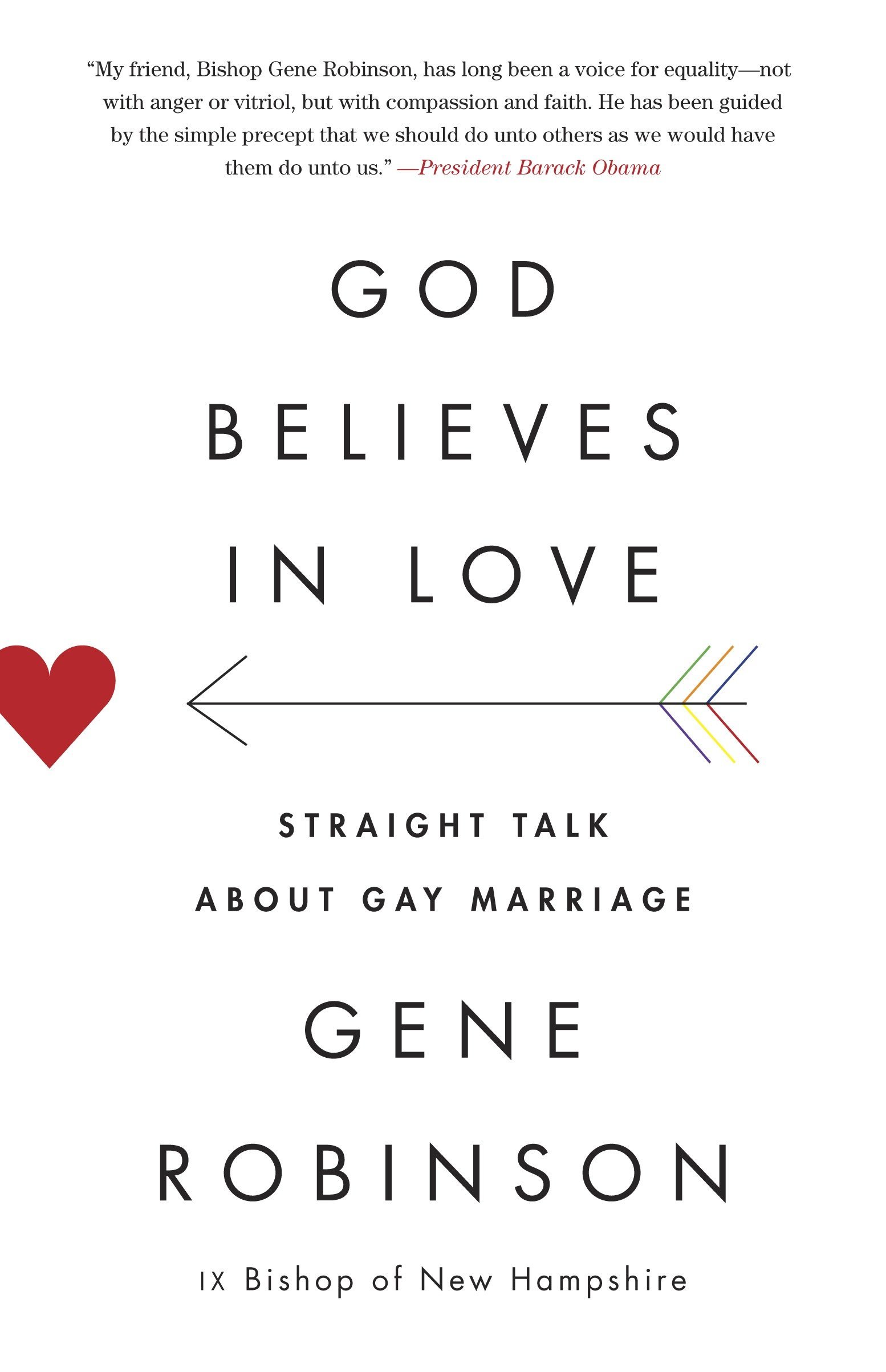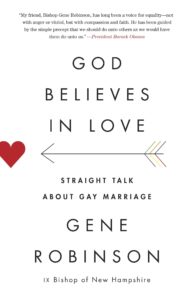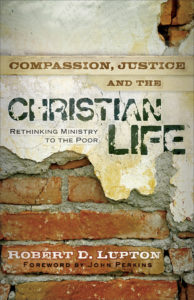- Author(s): Gene Robinson
- Published: 2012
- Topics: Culture, Homosexuality, Love, Politics, Relationships
synopsis
nick's thoughts
Nick's rating
Nick's rating
Before starting this book, I did not realize it was written in 2012. While this doesn’t make the book outdated, necessarily, it does mean that quite a bit has changed since then. Three years later marriage equality was upheld by the supreme court, making a lot of this book outdated. But that doesn’t make it a bad book.
I also learned quickly that this book was not written for me. I don’t know if I actually expected it to be though. But that also does not make it a bad book. And rest assured, it is not.
I may not have been the intended audience of the book, but I still very much enjoyed it. It is clever, fun, and has plenty of emotional components as well. It is essentially a defense of marriage equality. Robinson goes through and answers common questions he has heard in opposition to marriage equality. These questions include whether or not it redefines marriage, or if it undermines the institution of marriage.
Robinson does well to treat all the questions with respect, even if some of us don’t always like to qualify them as such, and answer them honestly and properly. He takes a serious view of scripture as well as marriage, and ensures that both are handled with respect.
And I appreciated his discussion on heterosexism vs. homophobia. It helped me better understand the language that we should be using when we address the topic with others, so as not to instantly put people off by calling them a homophobe, rather, we should address the heterosexism they have become accustomed to.
That being said, there were some things I did not like. While he recognized the existence of homosexual activity in antiquity, Robinson, like many others, fails to recognize that they did understand a homosexual orientation. Most authors writing these books tend o state that a homosexual orientation is a modern idea when it simply isn’t. They may not have had a word for it, but there are many accounts of ancient philosophers discussing people being created homosexual. There were also a few moments where Robinson came off as judgmental of those who may have a more sex-positive worldview, which I would have appreciated he kept to himself.
In any event, I definitely recommend this book to those who are questioning their own views on the topics, especially for parents with queer children looking to better understand the issue and how to support their children.






